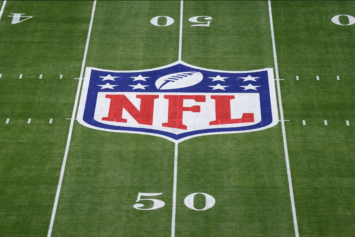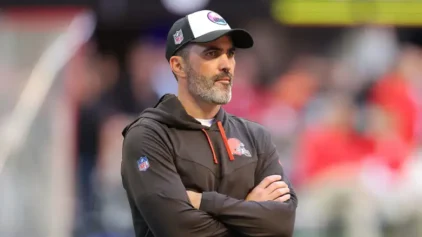As America continues to ease its apprehensions around marijuana (for a certain group of people in this country), and as the NFL has become more open to the idea of letting its players experiment with CBDs, a recent incident has occurred that will prove just how much our society, and the NFL, really feel about weed when it comes to Black people.
NFL free agents Greg Robinson and Quay Bray were recently arrested and booked by the DEA after they were found with 157 pounds of weed in a rented car. The tandem was charged with possessing marijuana with the intention to sell and are being held without bond pending an initial appearance before a U.S. magistrate judge. They are possibly facing up to 20 years in prison if convicted.
According to reports, Robinson, Bray and a third person were driving from Los Angeles to Louisiana in a rented car when they passed a Border Patrol agent with a drug-sniffing dog that detected the scent of marijuana. Officers found large duffel bags that contained vacuum-sealed black bags full of weed, glass jars, packaging equipment, and $3,100 in cash.
Robinson, 27, spent his college career at Auburn University and played for the Cleveland Browns last season, and was the No. 2 overall pick in the 2014 NFL Draft. Bray, 26, also played at Auburn and previously spent three seasons with the Indianapolis Colts.
It is believed by some that the NFL’s drug policy is about to become more lenient as talks escalate between the player’s union and the league concerning the new collective bargaining agreement.
“I think we’ve made a lot of progress. Each of those discussions have been open. The process will close … when we reach an agreement. I don’t know when that will be, but I think it’s important to get it right,” said NFL Commissioner Roger Goodell during his Super Bowl press conference.
“If you reach a new CBA, the benefits will not only go to the current players and the former players. We’re trying to make sure the future can be moved forward, and if everyone can be affected by that, that’s a positive. We’re going to be careful and make sure we get to the right place.”
All of this happening while the city of Los Angeles recently announced that they are dismissing 66,000 marijuana convictions dating back to the 1960s, in which many of the individuals were Black and Latino.



